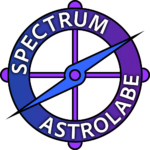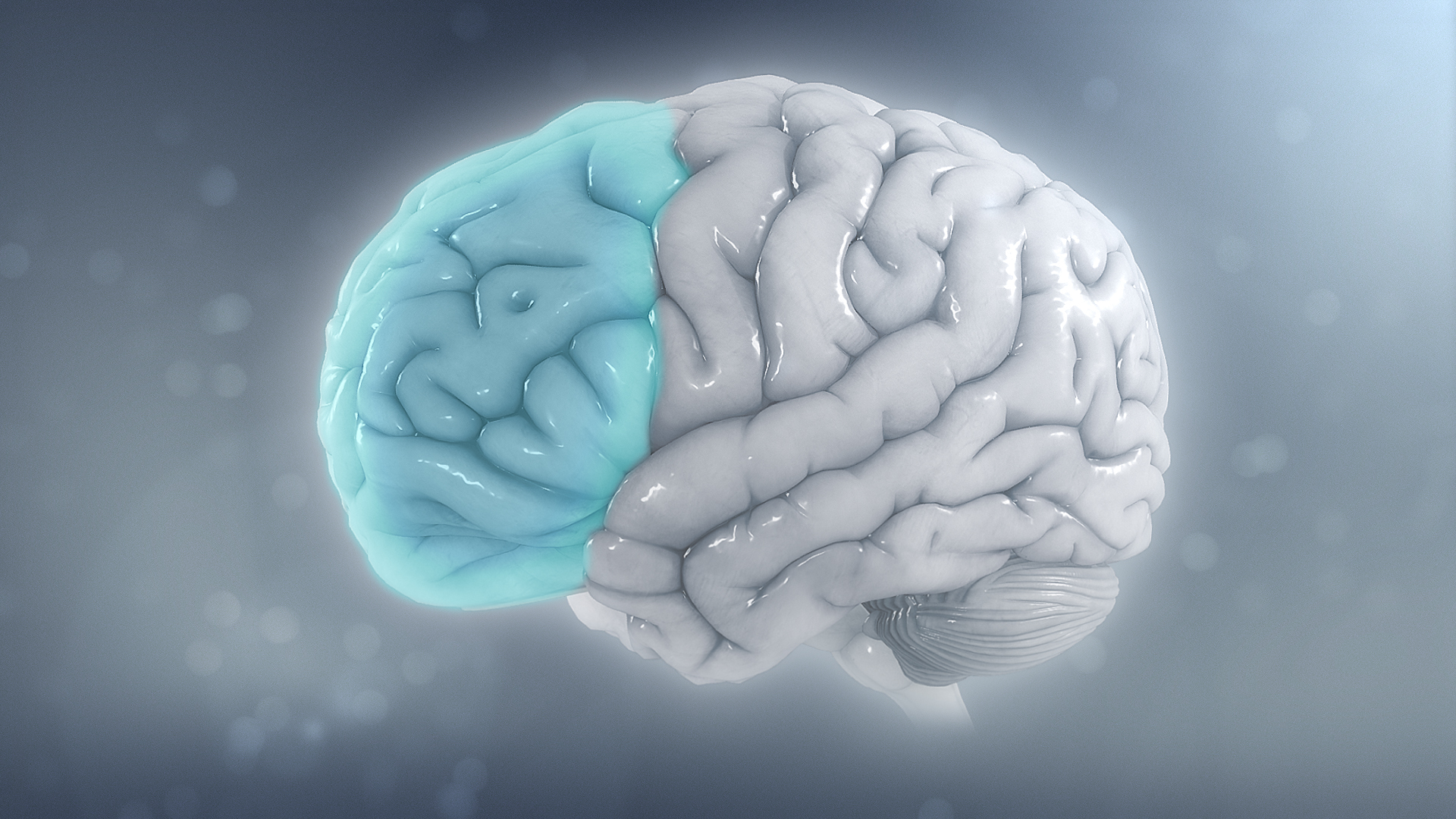The U.S. National Institutes of Health (NIH) has taken a significant step forward in early childhood development research with the launch of its NIH Baby Toolbox as an iPad app. This innovative tool is designed to assess the neurodevelopmental progress of infants and toddlers aged 1 to 42 months, offering a comprehensive suite of tests that cover cognitive, socioemotional, and motor skills. The app leverages cutting-edge technology to provide accurate and objective assessments, making it an invaluable resource for both clinical and research settings.
Background and Purpose
The NIH Baby Toolbox is part of the broader NIH Toolbox initiative, which aims to develop standardized tools for assessing neurological and behavioral health across the lifespan. The original NIH Toolbox is designed for individuals aged 3 to 85 years, but the Baby Toolbox extends this capability to younger children, filling a critical gap in early childhood assessment tools. By providing a standardized method for evaluating early childhood development, the NIH Baby Toolbox helps researchers and clinicians identify potential developmental delays early, allowing for timely interventions.
Key Features of the NIH Baby Toolbox App
- Comprehensive Assessments: The app includes over 30 validated tests that evaluate various aspects of child development, including:
- Cognitive Skills: Assessments focus on memory, attention, and problem-solving abilities.
- Socioemotional Skills: Tests evaluate emotional regulation, social interaction, and communication skills.
- Motor Skills: Assessments cover both fine and gross motor abilities, such as grasping objects and walking.
- Technological Innovations: The app utilizes the iPad’s built-in features to enhance assessment accuracy:
- Eye-Tracking: This technology helps measure attention and reaction times, providing insights into cognitive processing.
- Video Recording: Allows for the observation and scoring of behaviors in real-time, ensuring more accurate assessments.
- Language Support: The app is available in both English and Spanish, making it accessible to a broader range of families and communities.
- Data Analysis: The app generates both raw scores and norm-referenced scores based on a nationally representative sample. This allows for comparisons across different studies and populations, facilitating research and clinical decision-making.
Impact and Future Directions
The NIH Baby Toolbox iPad app is poised to revolutionize the field of early childhood development by providing a standardized, efficient, and reliable method for assessing young children. Its impact will be felt across several areas:
- Clinical Practice: Clinicians can use the app to identify developmental delays early, enabling timely interventions that improve outcomes for children.
- Research: The app will facilitate large-scale studies on early childhood development, helping researchers understand developmental trajectories and identify risk factors for developmental disorders.
- Policy and Education: By providing robust data on early childhood development, the app can inform policy decisions and educational programs aimed at supporting young children’s growth.
The NIH Baby Toolbox iPad app represents a significant advancement in assessing early childhood development. Its innovative use of technology, comprehensive assessments, and accessibility features make it a powerful tool for both clinical practice and research. As it becomes more widely adopted, it is likely to play a crucial role in enhancing our understanding of early childhood development and improving outcomes for young children.
Citations:
- NIH News Release: https://www.nichd.nih.gov/newsroom/news/031725-NIH-baby-toolbox
- NIH Baby Toolbox Introduction PDF: https://echochildren.org/wp-content/uploads/2024/11/BabyToolboxIntro_ECHO-Discovery_v2.pdf
- NIH Blueprint Resources: https://neuroscienceblueprint.nih.gov/resources-tools/blueprint-resources-tools-library/nih-infant-and-toddler-baby-toolbox
- PMC Article on NIH Baby Toolbox: https://pmc.ncbi.nlm.nih.gov/articles/PMC11579639/
- NIH Baby Toolbox Brief Explanation PDF: https://echochildren.org/wp-content/uploads/2025/03/NIH-Baby-Toolbox_MIS_v1.0_APPROVED_17FEB2025.pdf
- NIH Baby Toolbox App Store Listing: https://apps.apple.com/us/app/nih-baby-toolbox/id6502848545
- NIH Toolbox V3 Citations: https://nihtoolbox.zendesk.com/hc/en-us/articles/16287363493012-NIH-Toolbox-V3-Citations
- NIH Toolbox Administration Manual PDF: https://www.healthmeasures.net/images/nihtoolbox/Training-Admin-Scoring_Manuals/NIH_Toolbox_App_Administrators_Manual_v1.17.pdf











